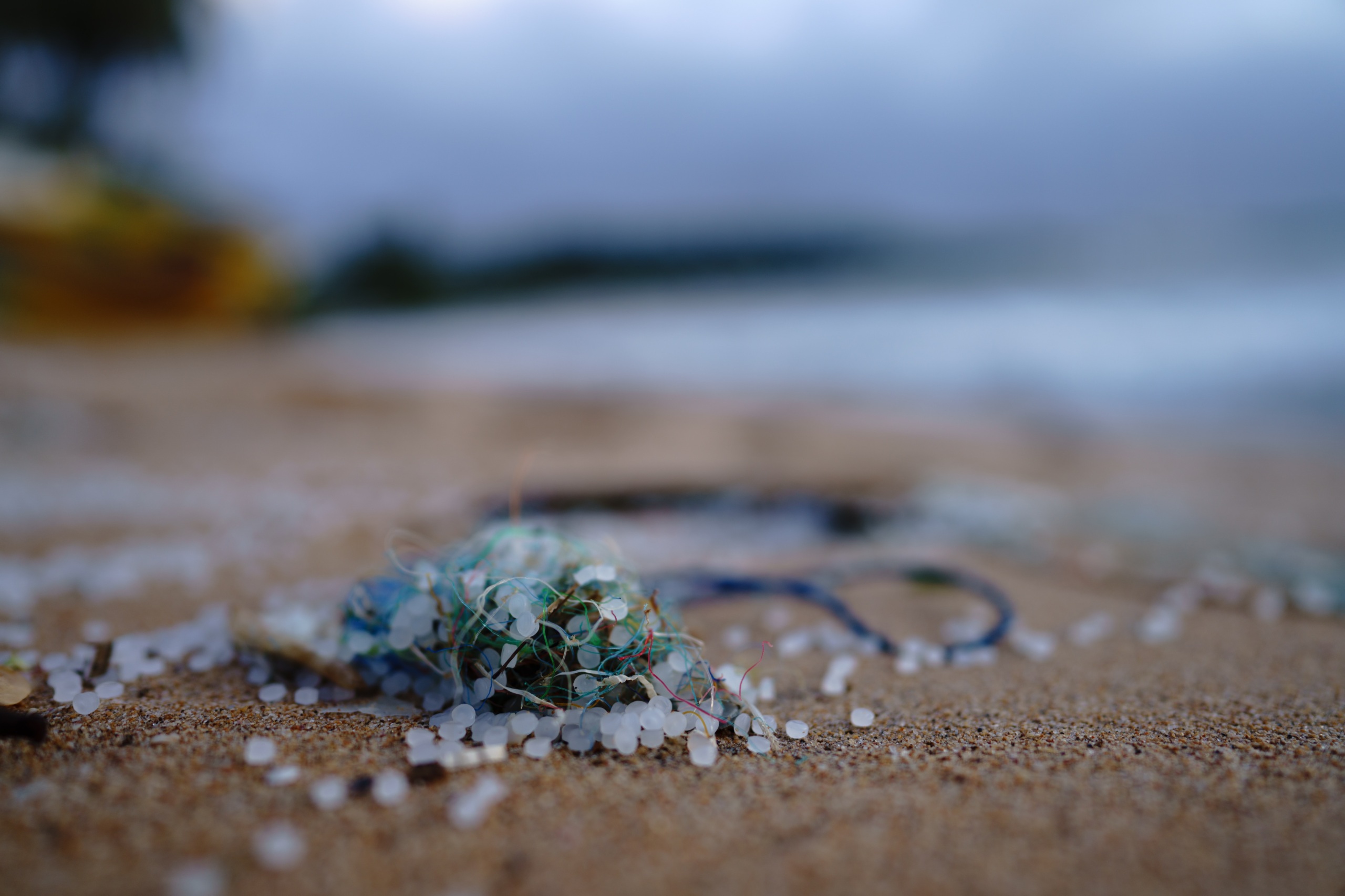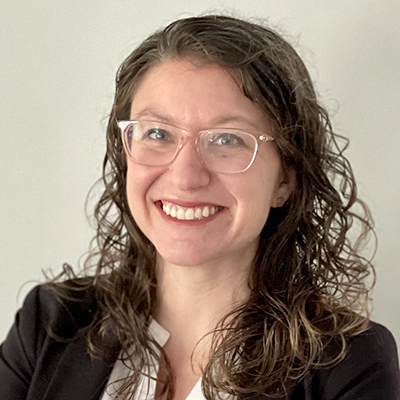
Turning plastic waste into plastic lumber isn’t recycling
Most of Amazon’s plastic packaging isn’t being recycled, and some might end up as material for plastic decking instead.
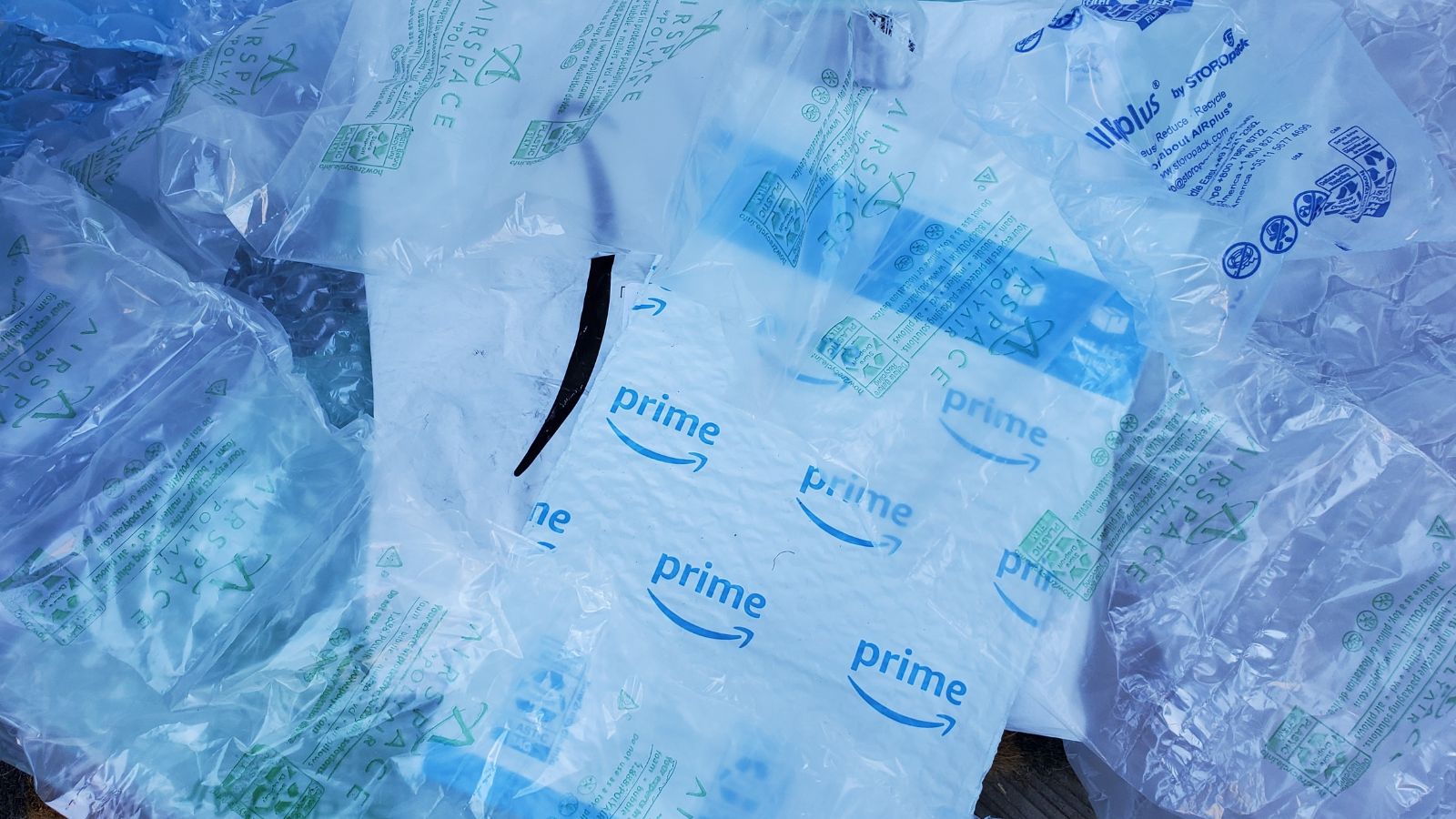
Recycling is supposed to reduce the need to produce more of the product or material that’s being recycled. Recycling paper should mean we cut down fewer trees. Recycling bottles should mean we make less new glass. Recycling cans should mean we mine for less metal. When it works properly, recycling reduces waste and the need to extract more natural resources.
But when we drop some things off to be “recycled,” there’s no guarantee that we’re actually cutting back on the total amount of waste produced. That’s especially true for some forms of plastic.
If you shop online, you’re familiar with receiving some of your items in a flimsy plastic envelope. Some of that plastic packaging says it is recyclable. But how much of Amazon’s plastic packaging is actually getting recycled?
The true answer is a lot less than you might think.
Amazon’s plastic packaging isn’t getting recycled
U.S. PIRG Education Fund researchers tracked Amazon plastic packaging to see where it ended up after being delivered to one of the drop-off locations directed to by the label. When the results came in, it was clear: Only a tiny fraction of the Amazon packaging that was tracked ended up at recycling centers at all, with no guarantee that they were even actually recycled afterwards.
Many pieces of Amazon’s packaging that we tracked ended up at landfills, incinerators, or at a port – likely headed to another country for disposal. Overall, 95.7% of the plastic packages were tracked to locations other than a recycling center. That means the vast majority of these plastic packages become pollution or waste.
Some of the plastic did go to facilities that could process it into something else. A portion of the packaging arrived at Trex Company, Inc. Trex is a company that makes plastic benches and decks out of plastic film and reclaimed sawdust.
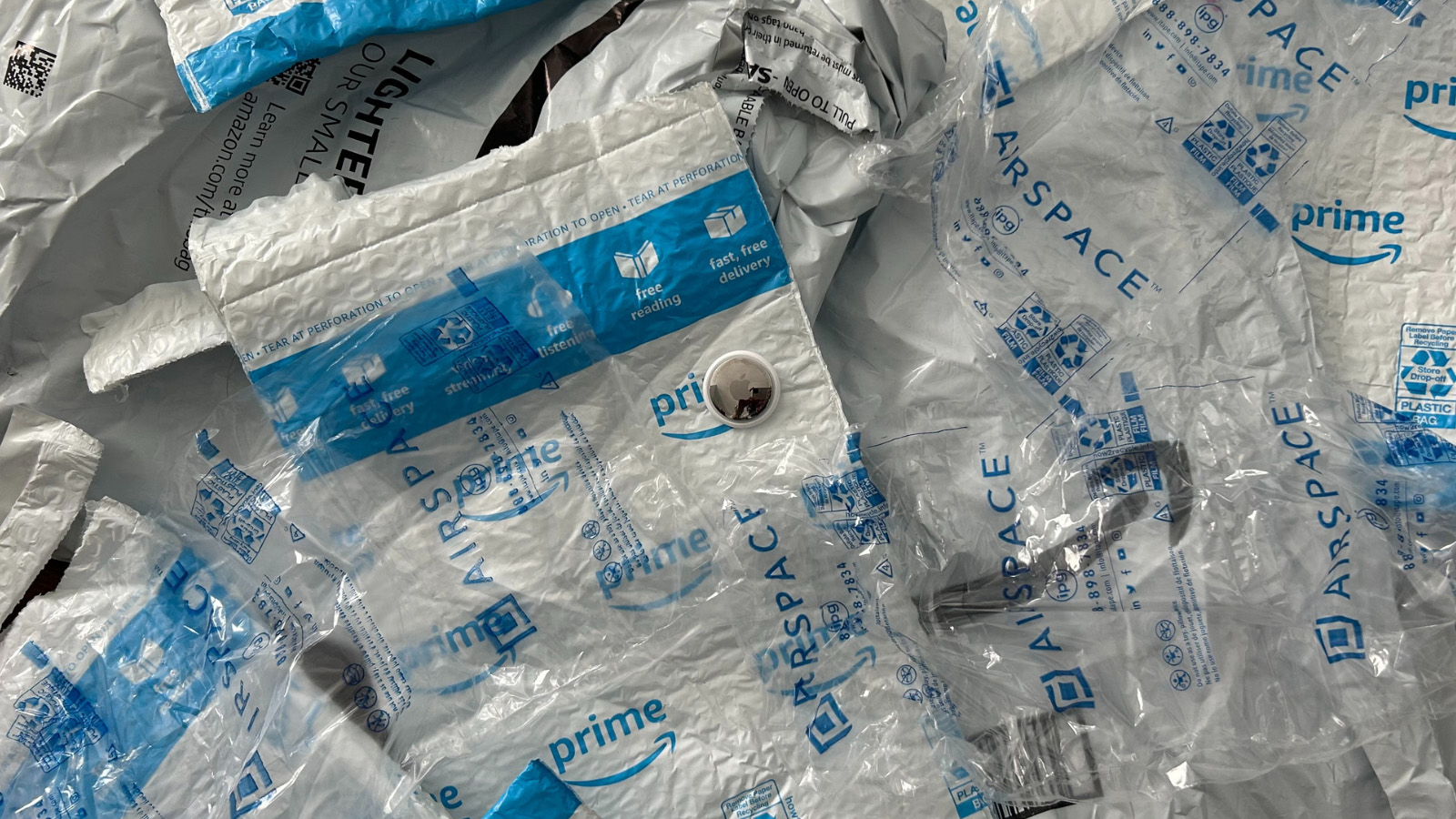
Truth in recycling
Some of Amazon’s packaging might get turned into “plastic lumber”
What is plastic lumber?
It’s just what it sounds like: A wood substitute material made out of new or recycled plastic. It’s commonly used for decking or outdoor furniture because of its weatherproof properties.
You might think that turning plastic packaging into plastic decking is a good thing. It’s probably better than sending plastic packaging directly to a landfill, but the full picture is not so simple.
Plastic lumber is long lasting, fire resistant, and it doesn’t need to be sealed or stained. It might also mean that fewer trees are cut down to make conventional wood decking.
But it also has some drawbacks. Decking made of plastic and sawdust is not recyclable itself. That means at the end of its life cycle it will definitely become plastic waste.
We know that some of Amazon’s packaging is ending up at at least one plastic lumber manufacturer, but there’s no guarantee that the material is actually getting used how we might expect.
Trex has strict guidelines for the plastic film it uses to create its decking. Most plastic film used by Trex comes from industrial operations rather than consumer drop off programs, since it’s more consistent and less likely to be contaminated. So there’s a chance our packaging sent to Trex wasn’t even used to make their benches and decking.
“Downcycling” doesn’t help us solve the plastic waste crisis
Even if Trex is using all the Amazon packaging it receives as material for plastic decking, turning plastic packaging into plastic lumber does nothing to decrease the amount of new plastic that needs to be made for Amazon’s shipments.
This isn’t recycling – it’s downcycling.
Trex and other composite decking materials are not recyclable due to the combination of sawdust and plastic. Using plastic waste to create this stuff extends the life of the plastic, but turning plastic film into decking does not create a sustainable loop because it can’t be recycled any further.
We need a different solution if we’re truly going to confront the plastic waste crisis.
Amazon must eliminate single-use plastic packaging
Plastic pollution is harming our communities and polluting our environment. We simply need to stop making and using so much single use plastic stuff.
Even when Amazon’s returned plastic is turned into lumber, the company still needs to use even more plastic to create more packaging. What we need instead is a truly sustainable loop: Packaging shipments in truly recyclable or fully reusable materials.
Amazon has already committed to phasing out its padded plastic envelope mailers in favor of recyclable alternatives – a good first step. But the company needs to do even more.
We’re calling on Amazon to get rid of all unnecessary single use packaging across its operations. Add your name today:
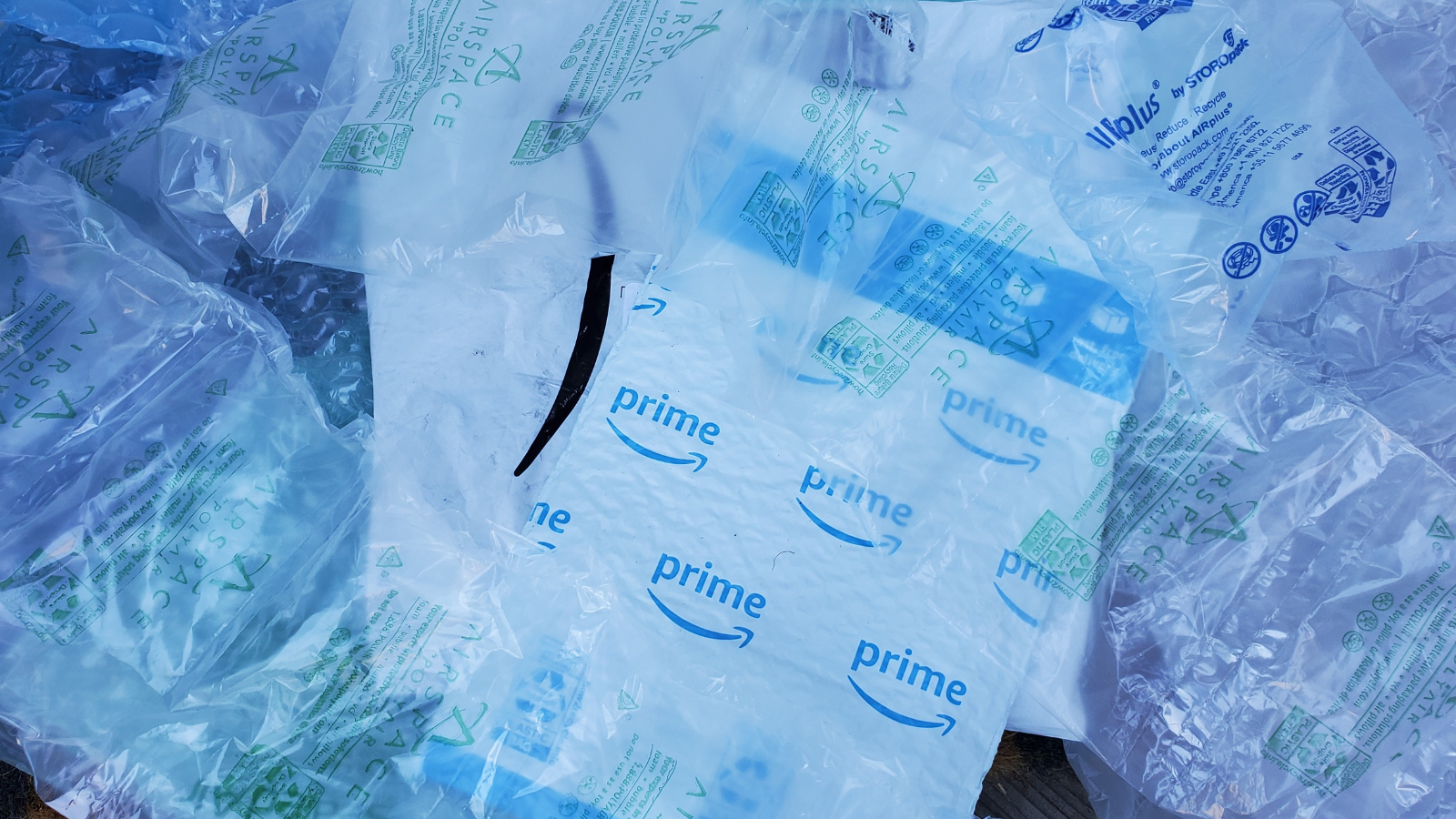
Tell Amazon: It’s time to move beyond single-use plastic packaging
Tell Amazon: It's time to move beyond single-use plastic packaging
Topics
Authors
Jenn Engstrom
State Director, CALPIRG
Jenn directs CALPIRG’s advocacy efforts, and is a leading voice in Sacramento and across the state on protecting public health, consumer protections and defending our democracy. Jenn has served on the CALPIRG board for the past two years before stepping into her current role. Most recently, as the deputy national director for the Student PIRGs, she helped run our national effort to mobilize hundreds of thousands of students to vote. She led CALPIRG’s organizing team for years and managed our citizen outreach offices across the state, running campaigns to ban single-use plastic bags, stop the overuse of antibiotics, and go 100% renewable energy. Jenn lives in Los Angeles, where she enjoys spending time at the beach and visiting the many amazing restaurants in her city.
Celeste Meiffren-Swango
State Director, Environment Oregon
As director of Environment Oregon, Celeste develops and runs campaigns to win real results for Oregon's environment. She has worked on issues ranging from preventing plastic pollution, stopping global warming, defending clean water, and protecting our beautiful places. Celeste's organizing has helped to reduce kids' exposure to lead in drinking water at childcare facilities in Oregon, encourage transportation electrification, ban single-use plastic grocery bags, defend our bedrock environmental laws and more. She is also the author of the children's book, Myrtle the Turtle, empowering kids to prevent plastic pollution. Celeste lives in Portland, Ore., with her husband and two daughters, where they frequently enjoy the bounty of Oregon's natural beauty.
Find Out More
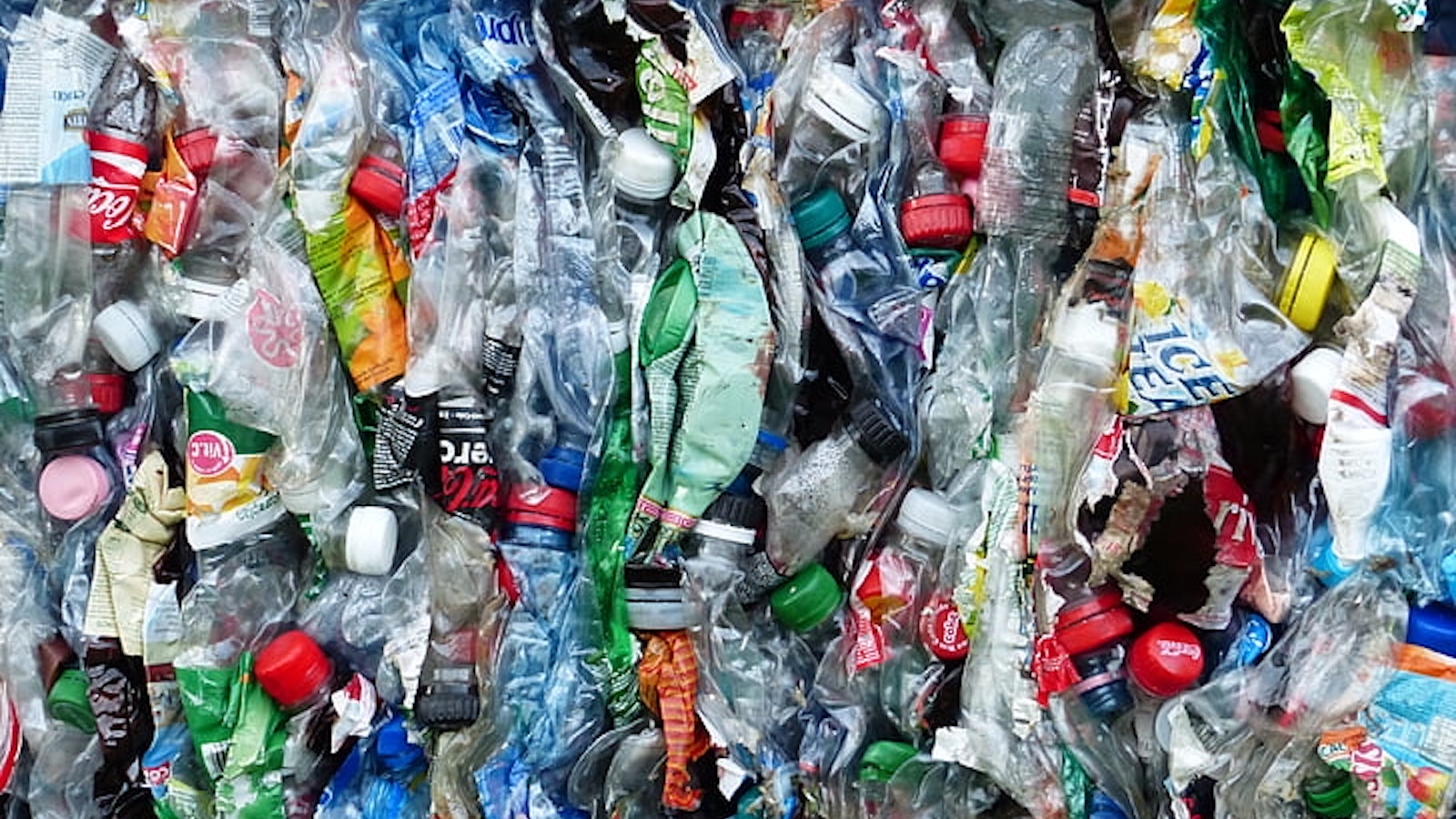
Can we fix plastic recycling?
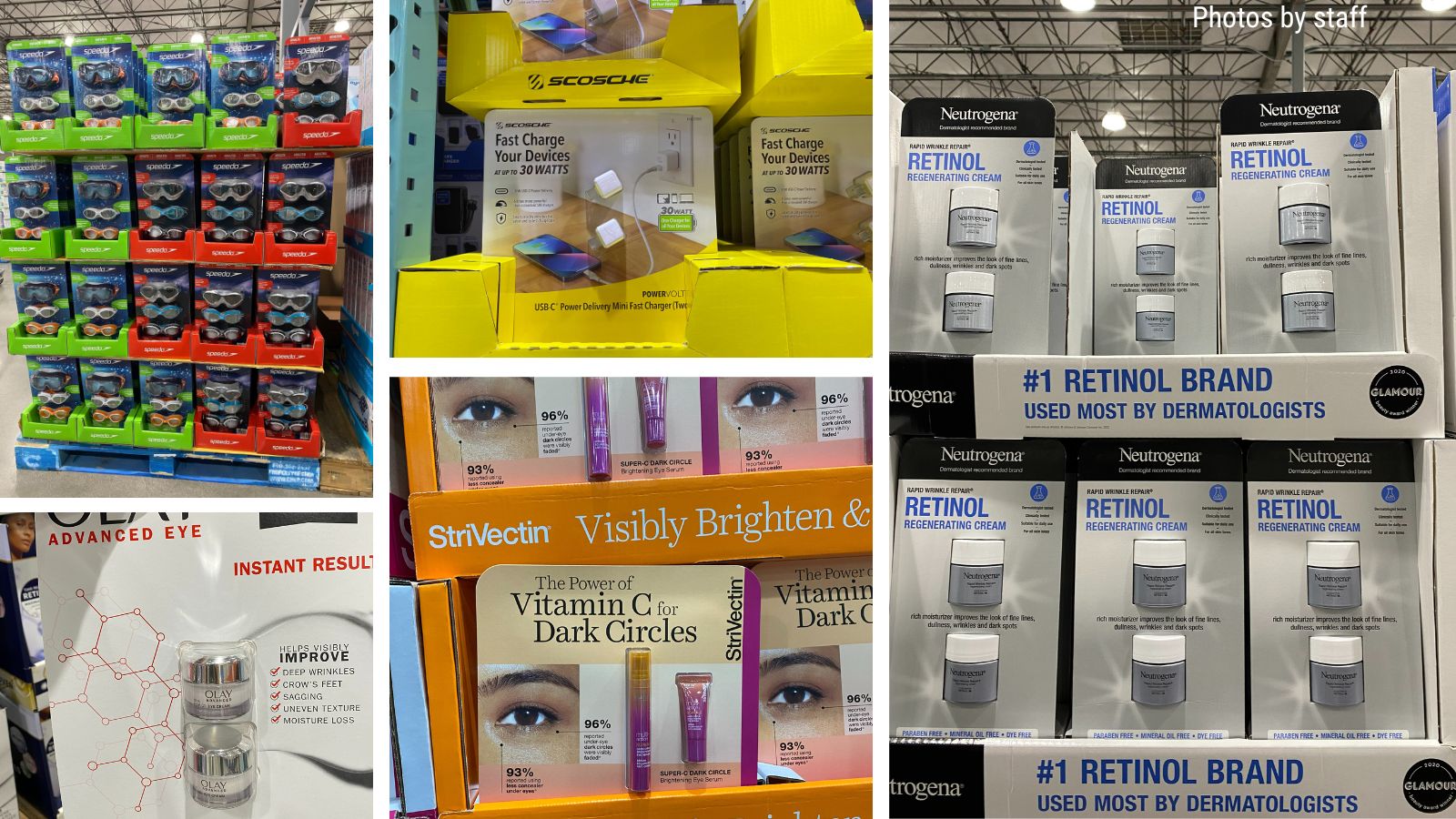
Costco should stop supersizing wasteful packaging
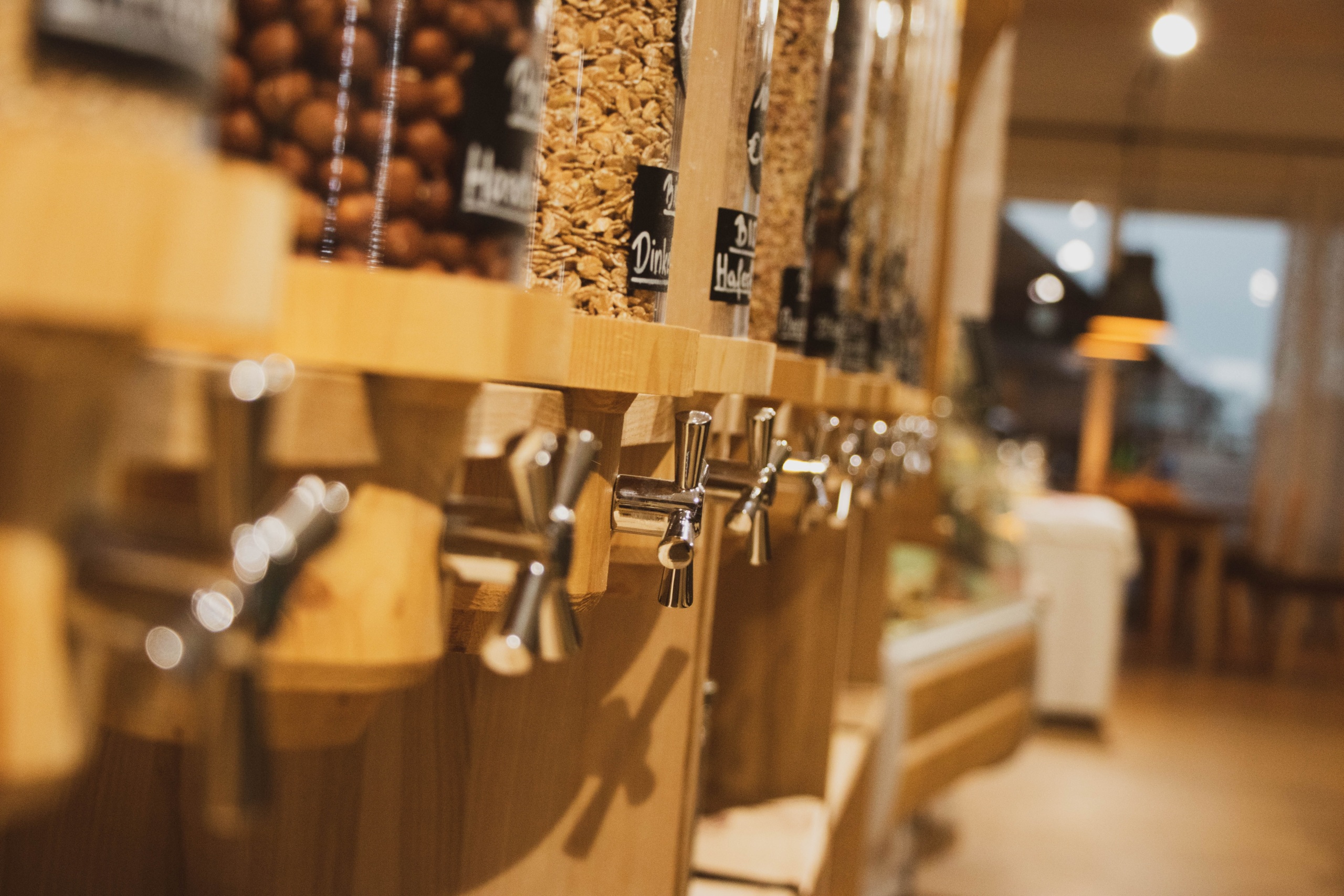
Ditch plastic packaging: Shop at your local refillery
